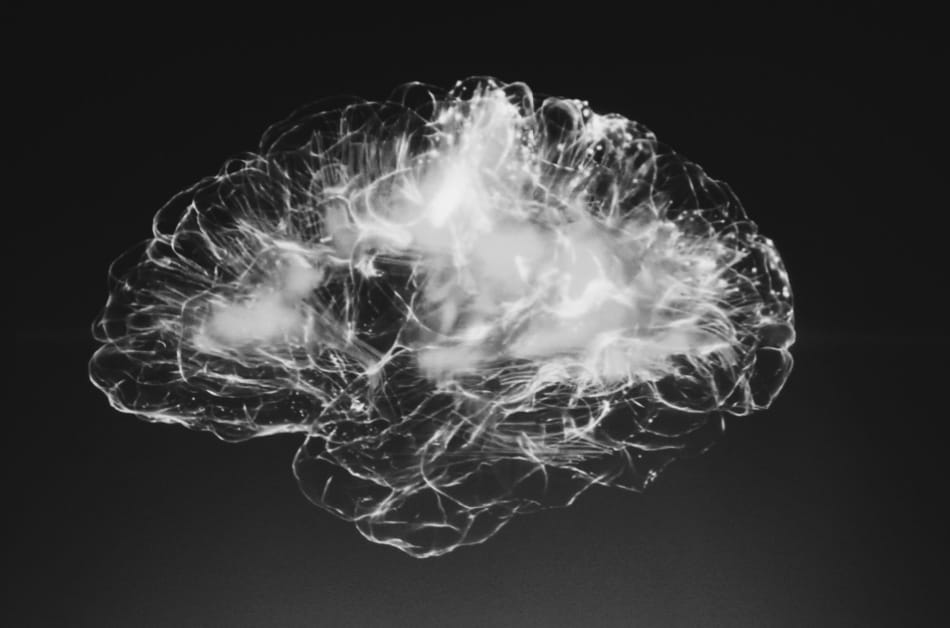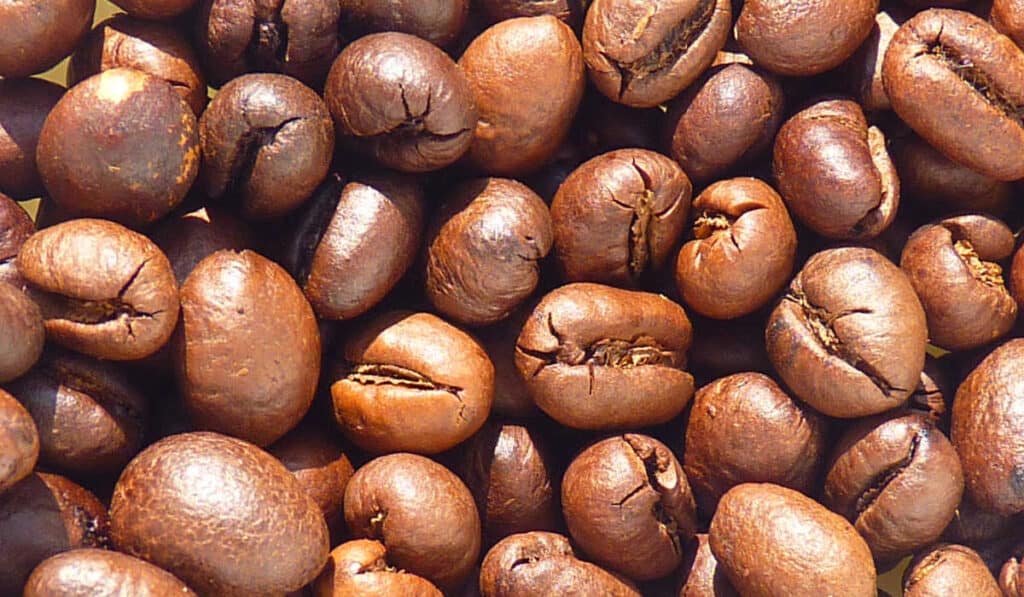As an Amazon Associate I earn from qualifying purchases.
In the past couple of years articles about “brain fog” have been leaping up all over the internet. It seems that everyone (including me) has been in the same boat at one point. We can remember a time when our brains felt sharp, ready to absorb information and crank out any sort of work we demanded of them.
But when I had brain fog, everything felt mentally taxing. My brain always felt tired, I was slightly more forgetful, couldn’t concentrate for long periods of time, was irritable, and restless. In short, “fog” is the perfect description.
So what did I do?
Self-medicated of course! Larger amounts of brain stimulants (usually caffeine) should shake me out of my doldrums and get me back to doing mental acrobatics. And they did.
For a couple of hours at a time.
But the longer I carried on the more I began to wonder if there was a snake in the house… Does caffeine cause brain fog?
Overconsumption of caffeine can result in “brain-fog” symptoms in many people. These symptoms, such as lack of focus, mental fatigue, lack of clarity, memory problems, and confusion, typically abate when a person reduces caffeine consumption.
But before we begin, it is worth noting that the term “brain fog” is not an actual medical diagnosis. It feels different to everyone and can have a myriad of causes. Brain fog can also be attributed to lack of sleep, too much stress, poor nutrition, and more. However, all of the causes typically have one thing in common. Our brains are overworked and underfed.
4 Common Symptoms of Caffeine-Induced Brain Fog
Despite the differences, there are definite similarities among all those who suffer from brain fog. Some of the more common symptoms include:
- Feelings of confusion
- General lack of mental clarity
- Forgetfulness or short-term memory problems
- Difficulty focusing
Since everyone is different, you really can’t compare to anyone but yourself to see if you have any sort of brain fog. Does your find feel as clear as it once was? Can you focus as well as you used to? If not, then some sort of treatment may be in order. Wait…treatment? What are we treating? A caffeine-sickness?!
Well, if you are a heavy caffeine user (like me–meaning 500mg+ of caffeine a day) then the answer is, yes, caffeine use can cause brain fog.
Caffeine acts as a stimulant on the brain, blocking the chemical Adenosine which, when free to float around, slows down our brain and makes us feel tired.
Caffeine blocks the landing sites for adenosine which causes us to feel mentally stimulated as the tiredness is held at bay. The problem is that our body figures this out very quickly and adapts so that it can keep everything in balance. The body doesn’t appreciate the brain being in such an overworked state and so it starts producing huge amounts of adenosine to compensate for the stimulants.
This is why it takes an ever-increasing amount of caffeine to feel the same buzz because there are so many additional receptors to block off.
What’s more, as your brain becomes tolerant of your caffeine intake, not only does it have less effect but you process it more quickly. There were times when I only felt “normal” and able to work to what I thought was my fullest extent when I was physically drinking something caffeinated!
Within an hour after an energy drink/coffee/etc. I would be feeling unfocused, unmotivated, and sluggish. It took me a while to figure out that my clever little caffeine fix had placed me in a vicious cycle that was increasing my brain fog.
How To Treat Caffeine-Induced Brain Fog
It should come as no surprise that our answer to how to cure brain fog is to get off the stimulants. If you’ve come here hoping for another patch or another drug to stack with caffeine to increase your mental ability, you will do nothing but increase the level of your tolerance (increasing your brain fog in the long run).
Giving your brain caffeine in order to stimulate it and get “energy” works the same way that whipping a horse does. It might speed things up short term but it doesn’t actually provide you with more energy and can lead to disastrous results if you overuse it.
The good news however is that detoxing from caffeine and resetting your brain’s chemistry is not that difficult. The bad news is that it can be difficult to the point of being debilitating if you go about it the wrong way.
If done correctly, most people can cure their caffeine-induced brain fog within a week or two. If you are able to remove what is causing the fog and provide your brain with the nutrients it has been deficient in, your body will finally be able to process and detoxify the caffeine remnants hanging out in your body, your stress and anxiety levels with decrease, and your hormones will be able to return to baseline.
Two Caffeine Alternatives If You Have Brain Fog
If you are already living independently of caffeine (or need a short-term boost to get through a work presentation, etc.) there are a couple of options that will boost your mental agility and banish brain fog.
Gingko Biloba: A Chinese remedy that has been in use for millennia, Ginkgo biloba is known to help with sexual dysfunction, memory loss, dizziness, macular degeneration, cognitive disorders, and more! Many people report that it improves their functioning while they are detoxing from caffeine.
Gotu Kola: One of the most interesting remedies for mental fatigue (as well as stomach ulcers, diarrhea, epilepsy, asthma, hepatitis, etc.) Gotu Kola is a perennial plant native to Asian wetlands. Many people who are run down and need a non-addictive pick-me-up swear by it.
Gain Mental Clarity By Reducing Caffeine
One of the best things you can do for your caffeine-induced brain fog is to cycle the stimulants or nootropics you are using. This is not just a caffeine issue but an issue with anything that affects the way the body works. The body does not like to be taken out of homeostasis and, when it is, it makes adjustments and becomes tolerant of whatever it is being given.
If you want caffeine to be more effective, you’ll be best served to find another stimulant that acts on the body in a different way, maintaining a heightened level of mood and productivity while allowing your adrenals to recover.
Conclusion
At the end of the day, caffeine can cause brain fog but it’s more likely that it’s a combination of the caffeine and the life you live which makes you think you need so much caffeine.
Accepting life at a slower pace for a week or two so I could detox was incredibly helpful for me. What’s more, I was soon back at it and performing better than ever with my newfound mental clarity!







